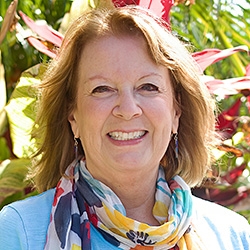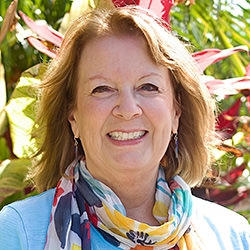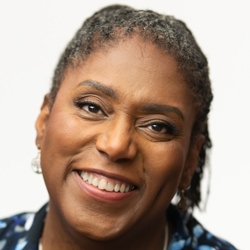

NVC Resources on Strategies
-
Through your dialogues at home, where the stakes are often very high, you can increase your ability to meet the challenges of life everywhere with empathy, goodwill and authenticity. Please listen to this inspiring recorded telecourse with Miki Kashtan and learn how!
-
Jim and Jori offer practical tools to help us develop patience through a process they call WAIT: Wake up, Accept, Insight, Take a step.
-
Explore compassionate ways to handle volatile counseling situations in dialogue form.
-
In this book excerpt, Kathleen and Jared offer a path to reach deeper clarity, distinguishing between freedom and submission / rebellion.
-
Trainer Tip: When there is conflict, the chances are good that people are arguing over a particular strategy. When we focus on our needs, the opportunities for peaceful resolution that values everyone’s needs are much greater. This can also build trust. Be aware of opportunities to shift focus from strategies to needs. Read on for an example of how this can work.
-
Trainer Tip: When in a conflict that doesn’t seem to have a solution being aware of your needs, and then being creative and flexible about getting them met, can go a long way to coming up with creative solutions that work for everyone.
-
In parenting, Roxy Manning notes the tendency for self-judgment and external judgment. Roxy suggests that being a single parent or a working parent influences your ability to implement parenting strategies. The importance of assessing the feasibility of strategies in one's current life context is emphasized. Roxy encourages self-compassion and mourning the gap between desired and achievable outcomes. Her message encourages understanding personal constraints and practicing self-compassion in parenting.
-
Observation is the awareness of our sensory perceptions and thoughts, separate from evaluations and judgments. Feeling involves bodily sensations and emotions, distinct from "faux feelings" that mix thought and emotion. Needs encompass universal human requirements for survival and wellness, while thoughts and evaluations express needs. Requests are rooted in connection and invite true willingness, rather than demanding compliance.
-
Miki Kashtan shows how translating judgments into needs transforms family conflict and connection.
-
Discover how self-empathy fosters healthy, supportive relationships with children and others.

Quick Links
Subscription Preferences
Stay In Touch!
Looking for ways to keep up with NVC Academy news, get special offers, free resources, or words of inspiration? Here are five ways to stay engaged:










